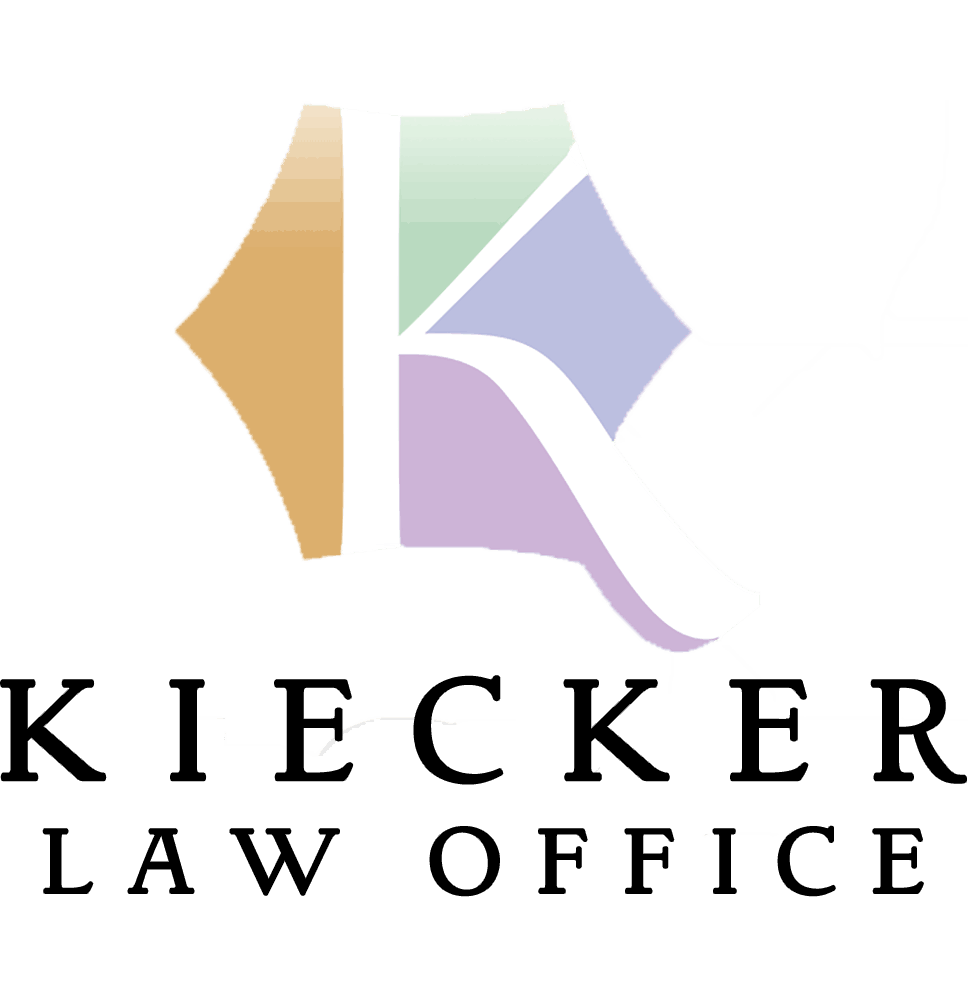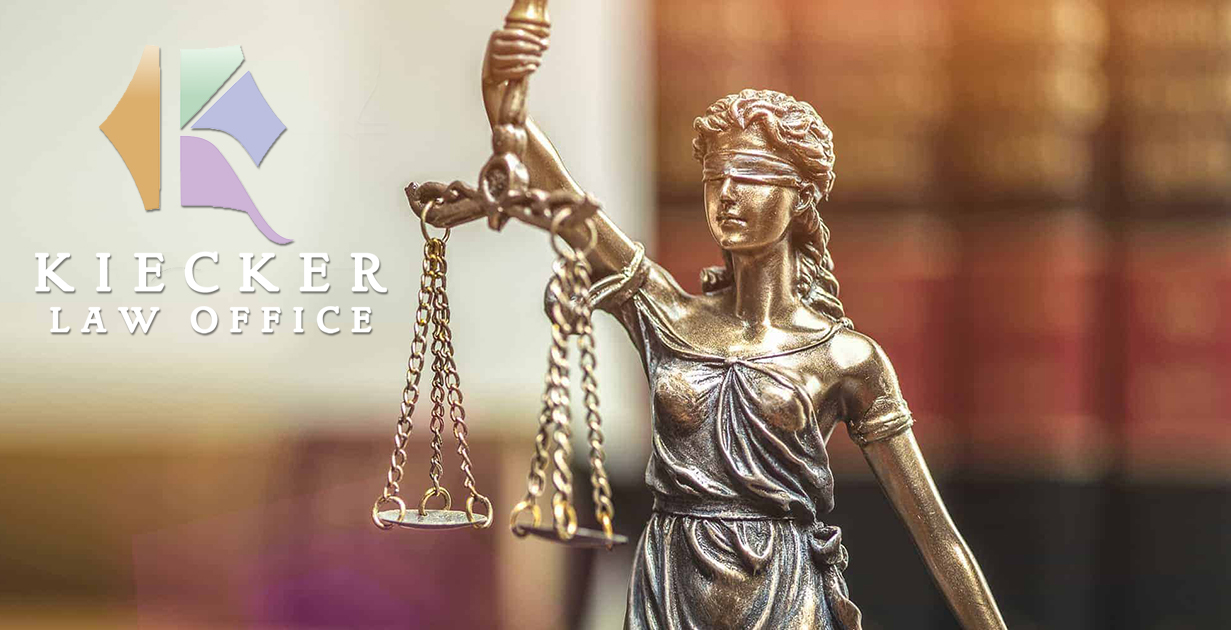Starting A Business in Minnesota
November is a celebratory month for small businesses. November is National Entrepreneur Month as declared by former President, Barack Obama. According to the US Small Business Association there are 30.2 million small businesses as of 2015. Those small businesses employ 58.9 million people across the country. That means almost 50% of all people working in the United States are employed by a small business. Getting right down to it, small businesses drive the economy in the United States. It doesn’t matter what sector of employers, small businesses play a part. It could be health care or construction or services or retail or any other business you can think of, small businesses affect the world. Most likely, you or someone close to you is a business owner and should be very proud of what you are building. Business owners are a key cog in our society and need to be protected.
That’s why this month is a fitting month to talk about how those businesses, or yours, is legally structured. You may ask, “what does that matter?” Well, it can play huge role in how your business can be affected. Let us explain….
4 Types of Business Ownership
Let’s start out by saying there is no “wrong” way for your business to be structured whether it is a sole proprietorship or partnership or LLC or corporation. The reality, though, is that there are good and better ways for business to be structured. Today, we’re going to focus on Limited Liability Corporations (LLCs) and Limited Liability Partnerships (LLPs) and why they are usually a better structure than a sole proprietorship or partnership. There are a litany of reasons including tax advantages and ownership flexibility. The most important reason, quite frankly, is the reduced personal liability that you, as a business owner hold. By changing the legal structure of the business, you can shield you and your family from catastrophe. In a sole proprietorship or partnership, the owner is considered one with the business from a legal standpoint. What that means is that anything that happens in the business, the owner is responsible for and, in the litigious world we live in, that can be a dangerous set of circumstances.
Business Liability Examples
You may say that there is little or no liability in your business, but we’ll walk through two examples in two different industries.
Let’s start with a small financial services firm. Suppose you give some advice to a client to purchase a stock or investment. That investment turns out to be a bad purchase and your client ultimately blames you and decides to sue you. Yes, you should have insurance and you probably do, but what if your insurance company decides that they don’t cover this particular scenario? What if your insurance company decides that you should have known better and won’t pay a claim? If you ultimately are found responsible, an LLC shields you from having your life savings taken for a simple mistake. The LLC would be liable financially, not you personally.
Another scenario might entail a retail business, say a paint store. Now, you might say, what kind of liability could a paint store possibly have? Well, we live in Minnesota. In many cities, retail stores are required to shovel the sidewalks outside their business or leading up to their business in the winter. If the sidewalk happens to not get shoveled as quickly as you want and someone slips on a patch of ice, falls, hits their head and suffers traumatic injuries that put them in the hospital for 2 weeks, who pays for the medical bills and, inevitably, the pain, suffering and loss of wages of that person? Most likely insurance, but what if it doesn’t? Your business likely would. The question is do you want to risk your personal wealth or do you want to limit it to the business?
Understandably, many people will say that those are far fetched examples and it will never happen to them. We would point to large businesses that employ many attorneys on their staff. Many of those large businesses feel so strongly about this, they require anyone that any vendors or contractors that they work with to have a legal entity.
What is The Best Form of Business Ownership?
Each individual business is different. We’re not saying that an LLC is the only way to go. Your situation should be evaluated by an attorney to help you decide what makes the most sense for you. Our hope is that you take the necessary steps to protect you and your business.
Happy National Entrpreneurs Month!

